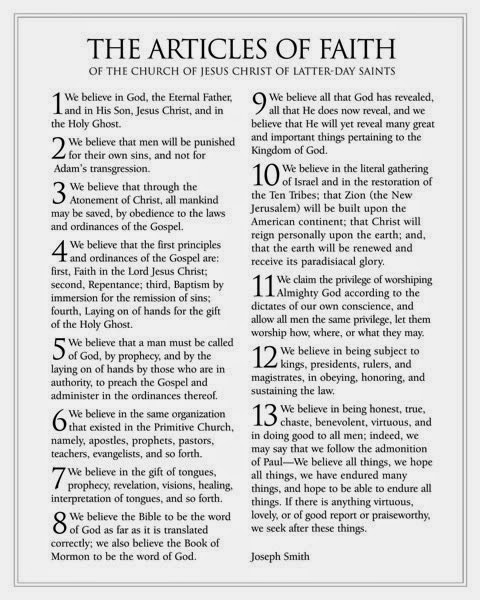I keep getting email messages with lists of things that I supposedly am dying to know. I usually delete them without even wasting my time, but this one struck me: "5 Things Your Gynecologist Can Tell from a Basic Exam." Being the smart-ass I am, I took a guess as to what these five things might be, and, guess what, I was right!
These 5 things are: when your "muscles have weakened," leading to urinary incontinence (which muscles? how could they become weak? can you make them strong again?); whether what you thought was a yeast infection and were self-treating really is a yeast infection or something else; whether you have cancer (ouch!---don't wait 20 years to see your OB-GYN!); whether you have two uterusus (uteri, please!---and, no, I didn't guess that one); and whether you have an STD.
Good. I actually did learn something: some women have two uteri.
And I learned one other thing: I'm still a chump. I had been tricked again into reading a bunch of stuff I didn't need to know. Because another thing that annoys me about these emails and articles is that when you click on the link to the article you wanted, you get shunted first to a page with a bunch of ads and/or a bunch of celebrity photos or whatever, and, either way, your browsing information has just been passed on to a bunch of people whom you don't want to know anything about you.
Okay, enough on that rant. Here's another message I got, obviously because the organizers of a conference I attended recently sold my name and e-mail address to a mass-marketer who really, no, really, wants to sell me his product. In this case, he thinks he can do it by insulting my intelligence:
He writes, "Hi Elle, You're getting this email because you're a [fill in the blank]...If you only learn one thing from me, learn this: If you want to be a SUCCESSFUL [fill in the blank], you have to do more than [fill in the blank] well. What else do you need to do?"
Here follows a list of three things that anyone who is, or wants to be, a [fill in the blank] already knows, and then this statement:
"In case you're wondering, this is advanced material."
I can write no more. I'm sputtering so hard my keyboard will be unusable if I don't get up and walk around for a few minutes.



